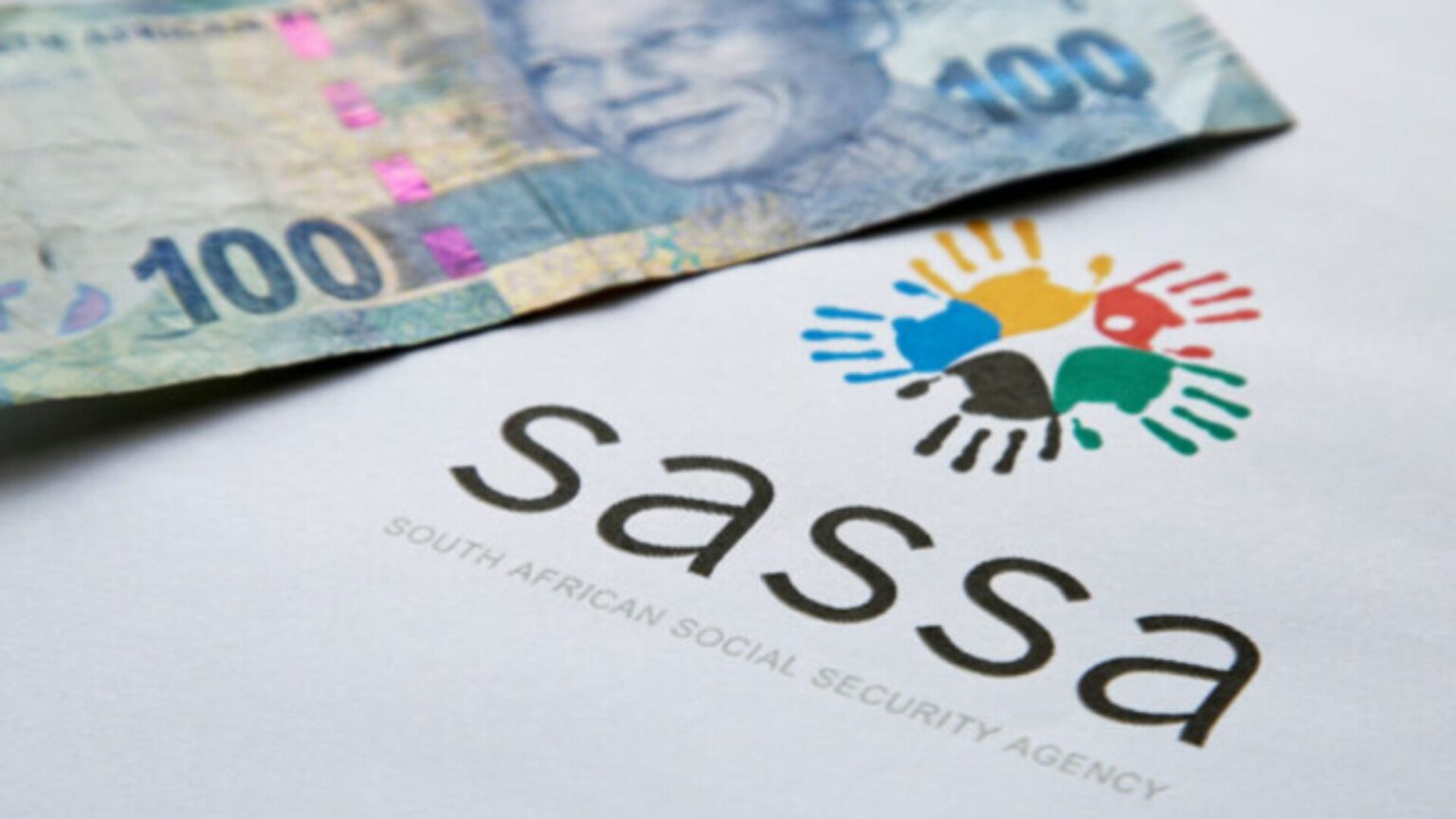In a startling development, Brazilian hacker group N4aughtysecGroup has threatened to leak data from the South African Social Security Agency (Sassa), following a security breach uncovered by two South African students. Veer Gosai and Joel Cedras, first-year Stellenbosch University computer science students, flagged serious vulnerabilities within the Social Relief of Distress Grant (SRD) system, igniting discussions on the ongoing risk of fraud within the social grants framework.
Students Uncover Fraud Using Their Own IDs
Gosai and Cedras, whose own ID numbers were fraudulently used to apply for SRD grants, testified before the Portfolio Committee on Social Development, revealing that weaknesses in Sassa’s system could be exploited for fraudulent applications. Their findings have now brought attention to larger systemic issues in Sassa’s security and have earned them recognition as whistleblowers from N4aughtysecGroup.
N4aughtysecGroup’s Threat: A Countdown to Data Exposure
The hacking group, which previously targeted South African firms TransUnion and Experian with ransom demands of R565 million each, claims to have infiltrated Sassa’s systems and threatened to release the agency’s data within 48 hours. They accuse South African organisations, including credit bureaus and government systems, of inadequate security measures, stating in a message sent on 30 October, “We are releasing all the data of Sassa in the next 48 hours.” The group has also claimed to siphon off “millions of dollars” from Sassa to demonstrate their capabilities.
Proof of Hacking Claims and Denials from TymeBank and TransUnion
To substantiate their claims, the hackers released a list of 65 TymeBank account numbers, purportedly linked to fraudulent SRD grant applications. They allege that by exploiting backend systems within TransUnion and Experian, they bypassed TymeBank’s security protocols and accessed personal data to create fake Sassa grant recipients.
In response, TymeBank’s CEO Karl Westvig categorically denied any direct breach of their systems, stating, “There are clear discrepancies between the data provided and the customer data we have on record.” TransUnion also refuted the claim, saying, “The security of the data we hold is our top priority, and we confirm that there is no system interface between TransUnion South Africa and Sassa.”
Broader Implications for Data Security in South Africa
This latest cyber threat highlights the vulnerability of critical government and financial systems, especially those handling sensitive social support information. It also underscores the need for closer monitoring and stricter data protection laws, as N4aughtysecGroup’s claims suggest that a lapse in one sector’s cybersecurity could have far-reaching impacts across interconnected systems.
As South Africa braces for possible data exposure, the situation is a reminder of the risks inherent in digital systems that lack robust cybersecurity measures. Both Sassa and the government will likely face increasing calls to address these systemic vulnerabilities to protect the sensitive information of the nation’s most vulnerable citizens.









